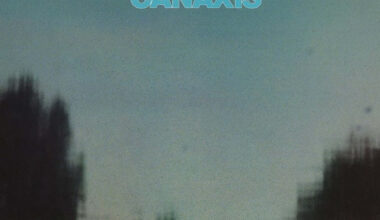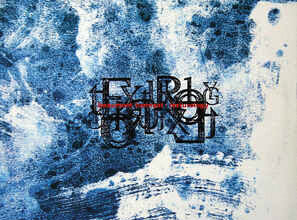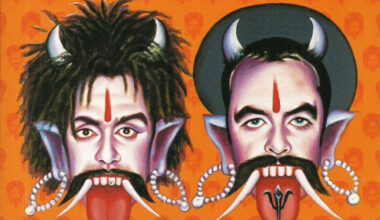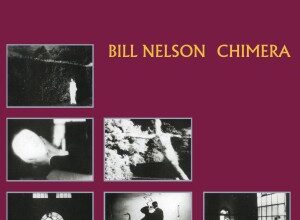
Originally recorded in 1981 at London’s Blackwing Studio, this brilliant maniacal fusion of weird soundscapes and fucked up noise ideology is one of the records that got away. A cover that features a dead pigeon bleeding in the most preposterously fake way somehow failed to ignite any passion in, well, just about anyone who heard it. If the abstract nature of rhythmic, disembodied noise is your thing, then look beyond the album sleeve, for this record has wonderful moments that are slightly unlike any other. “Slightly” as in you may have heard these noises before, but certainly not within the context of which it is presented.
I first discovered it when it was released on CD for the first time in 1996 and had the feeling that this inherent sound crash was Mute allowing clever people to do clever things. On this occasion, Rice (of Mute’s underground dark drone band Non) wanted to be more poppy and Tovey wanted to be anything but. The pulling in separate directions while wanting to please each other created a body of work unlike anything that had come before.
Upon first listen it got turned off. When you consider that the instrumentation here is the scraping of metal on floors, the clank of pipes and the brutal infliction of pain on any piece of furniture that happened to be lying around Blackwing at the time, its noise on first listen is barbaric and tasteless. The image of two blokes who didn’t really know each other, each stepping up to make a more bizarre collection of sounds than the other is strangely affecting. They created noises, looping them and then pushing them back through various effects and devices to see what the end result would be. It is music, one-upmanship for the deaf, if you will. I lost count the number of times I was told to turn it off. But I couldn’t.
Tovey was a hugely underrated electronic maverick and this bears relation at all to anything he recorded as Fad Gadget. Rice’s back catalogue suggests this was more about him than Tovey, but not so. It’s an album that is equal parts both men and it shows. It’s a collage of factory noise, topped off with a rhythm that is never quite sure whether to be static or to disintegrate within the immediacy of decaying industrial sounds. There are no song titles. There are no songs. There is no obvious melody. It’s just there, screeching metallic non-vocals and piercing cries of abandoned spaces. Lonely, lovely and broken.





